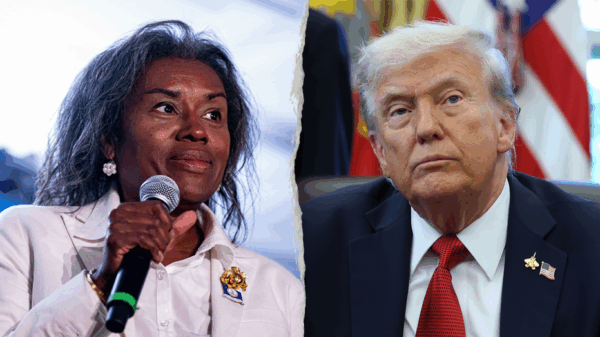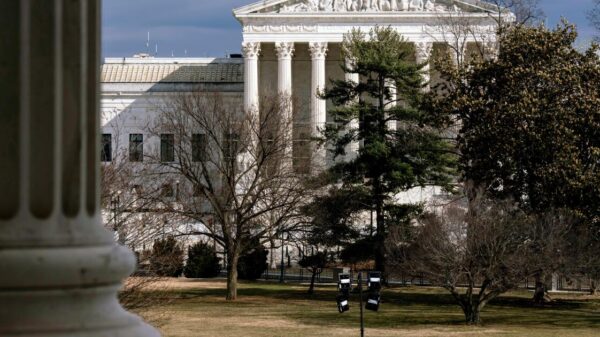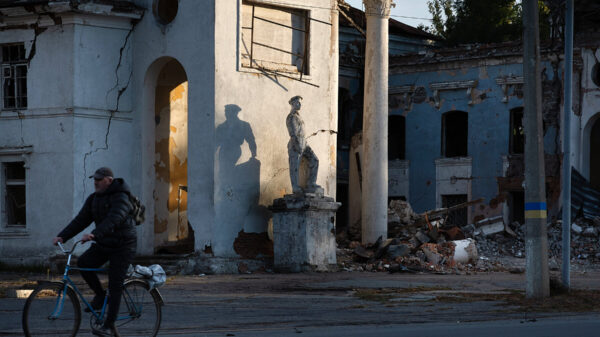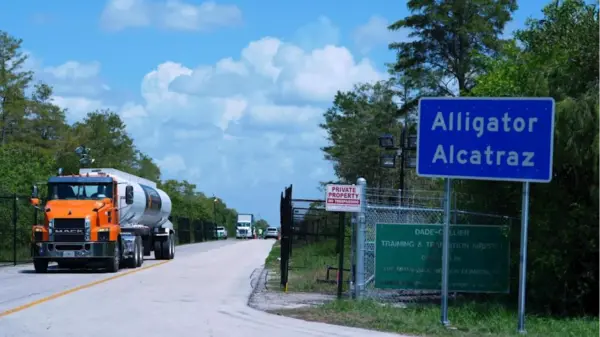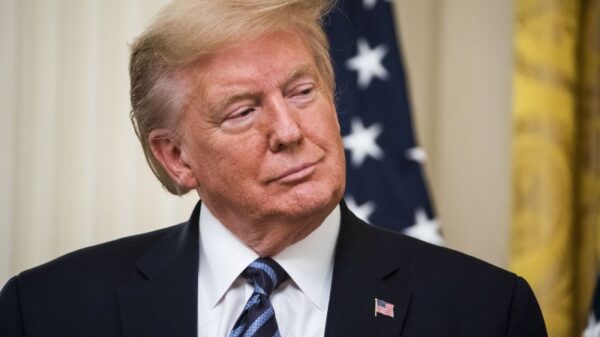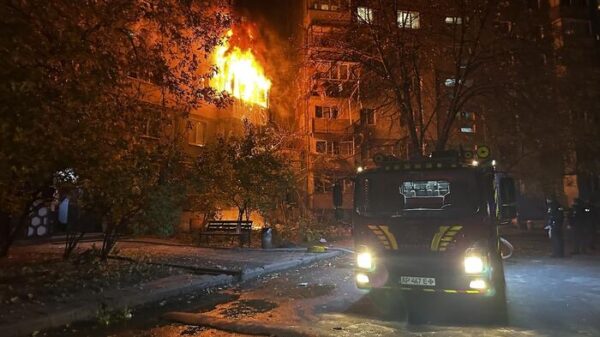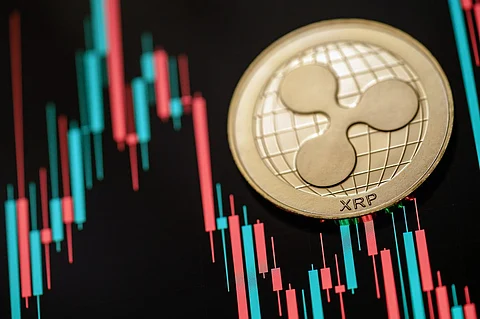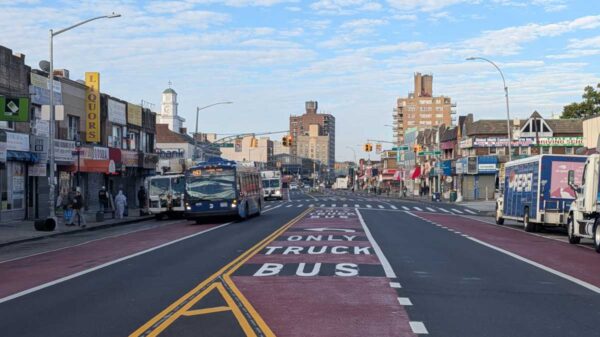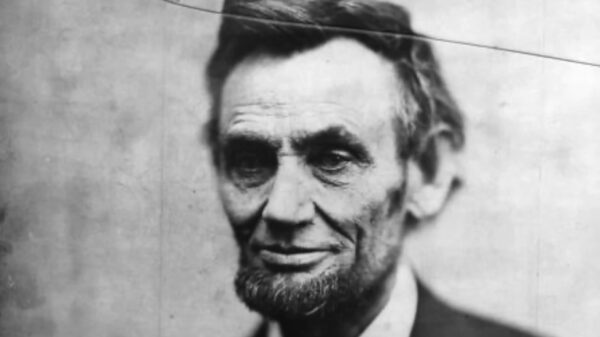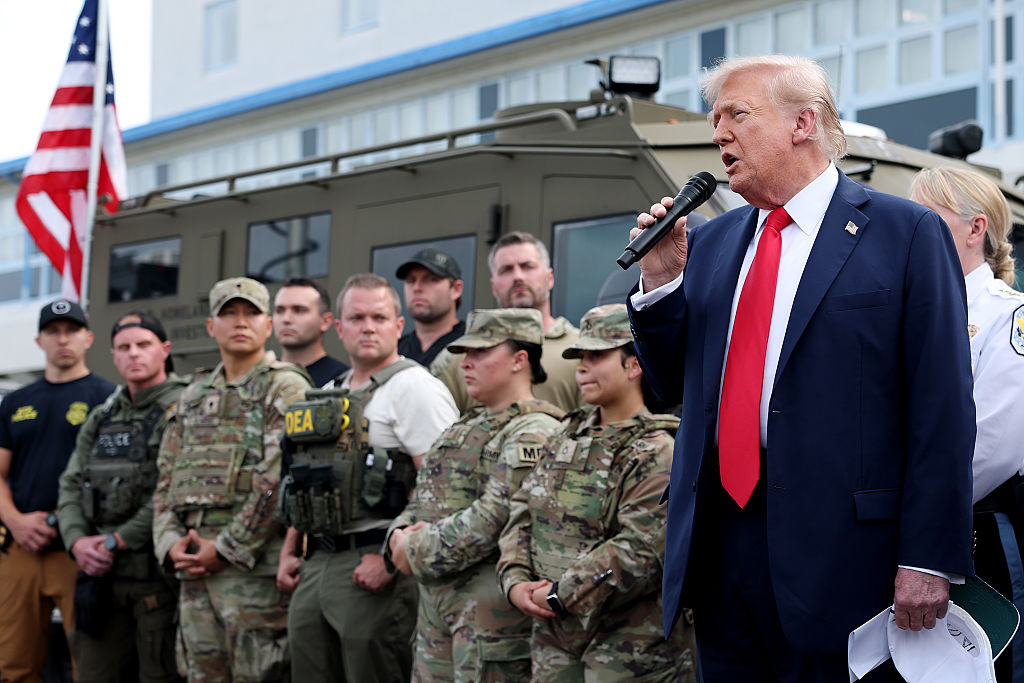In a significant move, Defense Secretary Pete Hegseth has ordered that National Guard troops patrolling the streets of Washington, D.C., will be armed. This decision aligns with President Donald Trump‘s ongoing efforts to address rising crime rates in the U.S. capital. The announcement comes amidst heightened concerns over public safety and law enforcement’s capacity to manage urban crime effectively.
Reaction to the Decision
The decision to arm National Guard troops has drawn mixed reactions. Supporters argue that it is a necessary measure to ensure the safety of both citizens and soldiers during their patrols. Critics, however, contend that the presence of armed troops may escalate tensions and contribute to an atmosphere of fear in the community. The deployment of armed guards is part of a broader strategy by the administration to enhance security in urban areas facing challenges related to crime.
Meanwhile, the Canadian government has announced plans to remove retaliatory tariffs on a variety of U.S. goods, effective September 1. This decision marks a shift in trade relations, although tariffs on steel, aluminum, and automobiles will remain in effect for the time being. The move is seen as an effort to ease trade tensions that have persisted between the two nations.
Economic Implications and Market Response
In a related economic development, Jerome Powell, the Chair of the Federal Reserve, delivered his final speech at the Kansas City Fed’s annual Jackson Hole conference. During his address, Powell hinted at the possibility of a rate cut, which subsequently led to a notable surge in the stock market. The Dow Jones Industrial Average soared by more than 900 points, reflecting investor optimism regarding potential monetary policy changes.
The speech outlined Powell’s views on the economy’s current state and the Fed’s approach to managing inflation and employment levels. Financial analysts are closely examining the implications of his remarks, as they could signal a shift in the Federal Reserve’s approach to interest rates in the coming months.
As these developments unfold, the intersection of security measures and economic policy continues to shape the discourse in Washington and beyond. The impact of armed National Guard troops and the evolving trade landscape with Canada will remain under scrutiny as stakeholders assess their long-term implications for public safety and economic stability.



